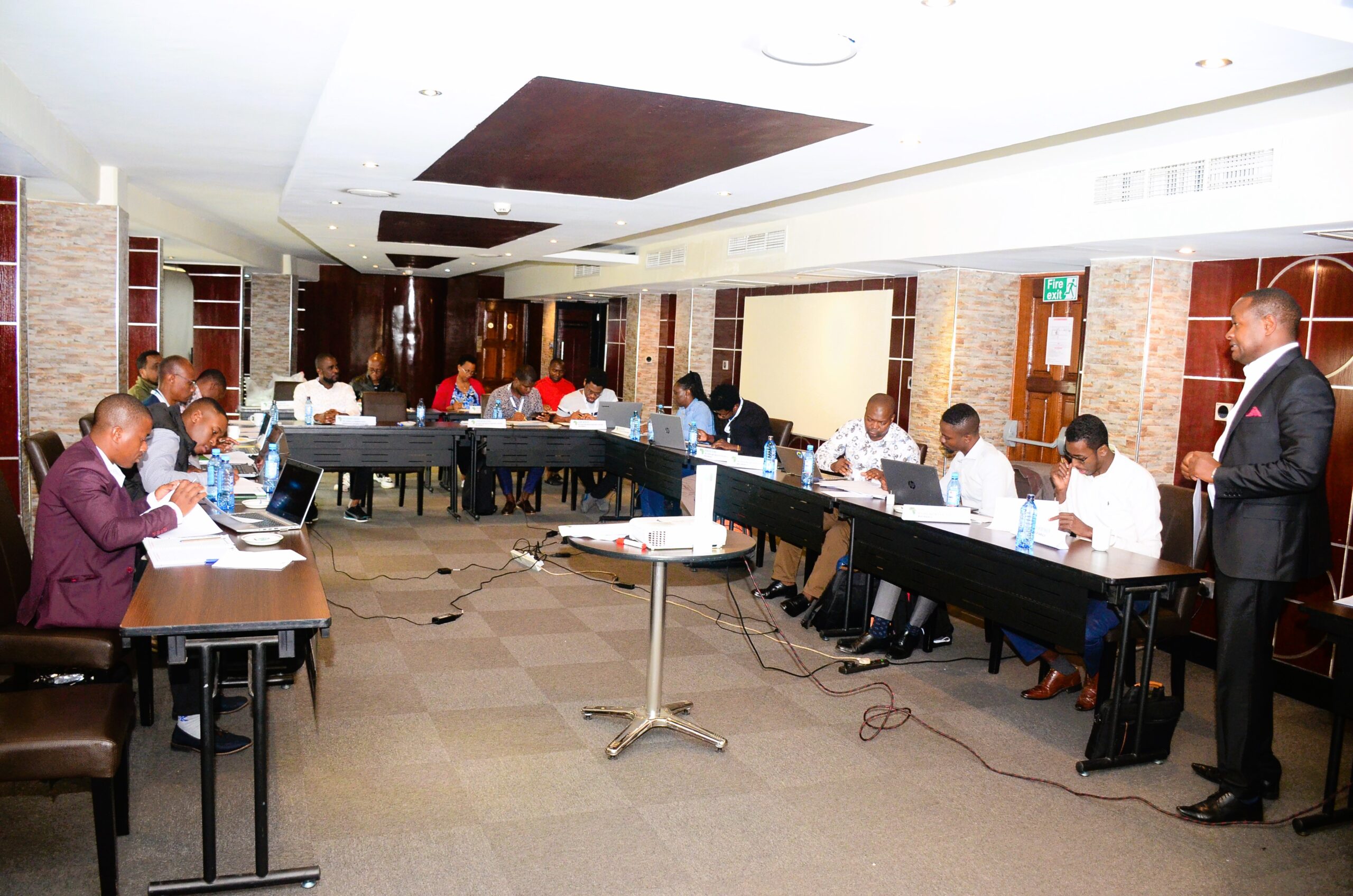Carbon Markets, Trading & Future Developments Training
Carbon markets and trading skills course are key skills in the 21st century. Carbon emissions trading allows countries with higher carbon emissions to purchase the right to release more carbon dioxide into the atmosphere from countries with lower carbon emissions. The gradual heating of Earth’s surface, oceans, and the atmosphere are caused by human activity, primarily fossil fuel burning, deforestation, and farming livestock that pumps carbon dioxide (CO2), methane, and other greenhouse gases. Global warming is an aspect of climate change, referring to the long-term rise of the planet’s temperatures.
Learning Modules
The science of Climate change
- A Brief Overview of the Science
- Evolution of temperature and CO2 concentration
- Distribution and evolution of GHG Emissions
- Sources of GHG emissions by sector (World)
- Evolution of GHG Emissions
- Natural Consequences of Climate Change
- The Social and Economic Consequences of Climate Change
Emissions Trading – A New Tool for Environmental Management
- The externalities of energy production from fossil fuels
- Market Failure, Policy Choice and Socio-Economic organization
- The economic benefits of emissions trading
- A spectrum of policy instruments
- The relative strengths and weakness of regulatory standards, emissions trading schemes, and taxation
- Oil prices and the carbon price equivalent
The Kyoto Protocol
- The Clean Air Act
- the United Nations Framework Convention on Climate Change
- The Characteristics of the Emissions Market
- Afforestation, reforestation, and deforestation
- Contraction and Convergence
- Monitoring and Reporting of Emissions
- The Clean Development Mechanism
- Emissions Trading Under Kyoto
The Global Carbon-Trading Markets
- The EU Emissions Trading Scheme
- The Characteristics of the EU Emissions Market
- The US Carbon Markets
- The US federal legislative process
- The Emissions Trading in Australia
- Other Emerging Mandatory Schemes
- Voluntary Offsetting Market
Carbon Trading – Current Schemes and Future Developments
- Several emissions trading schemes (ETSs) operating across the World
- The comparison of different trading systems of the World
- The future of carbon trading
- Broadening sectoral and GHG coverage
Training Evaluation:
Participants will undertake a simple assessment before the training to gauge knowledge and skills and another assessment will be done after the training in-order to demonstrate knowledge gained through the training.















